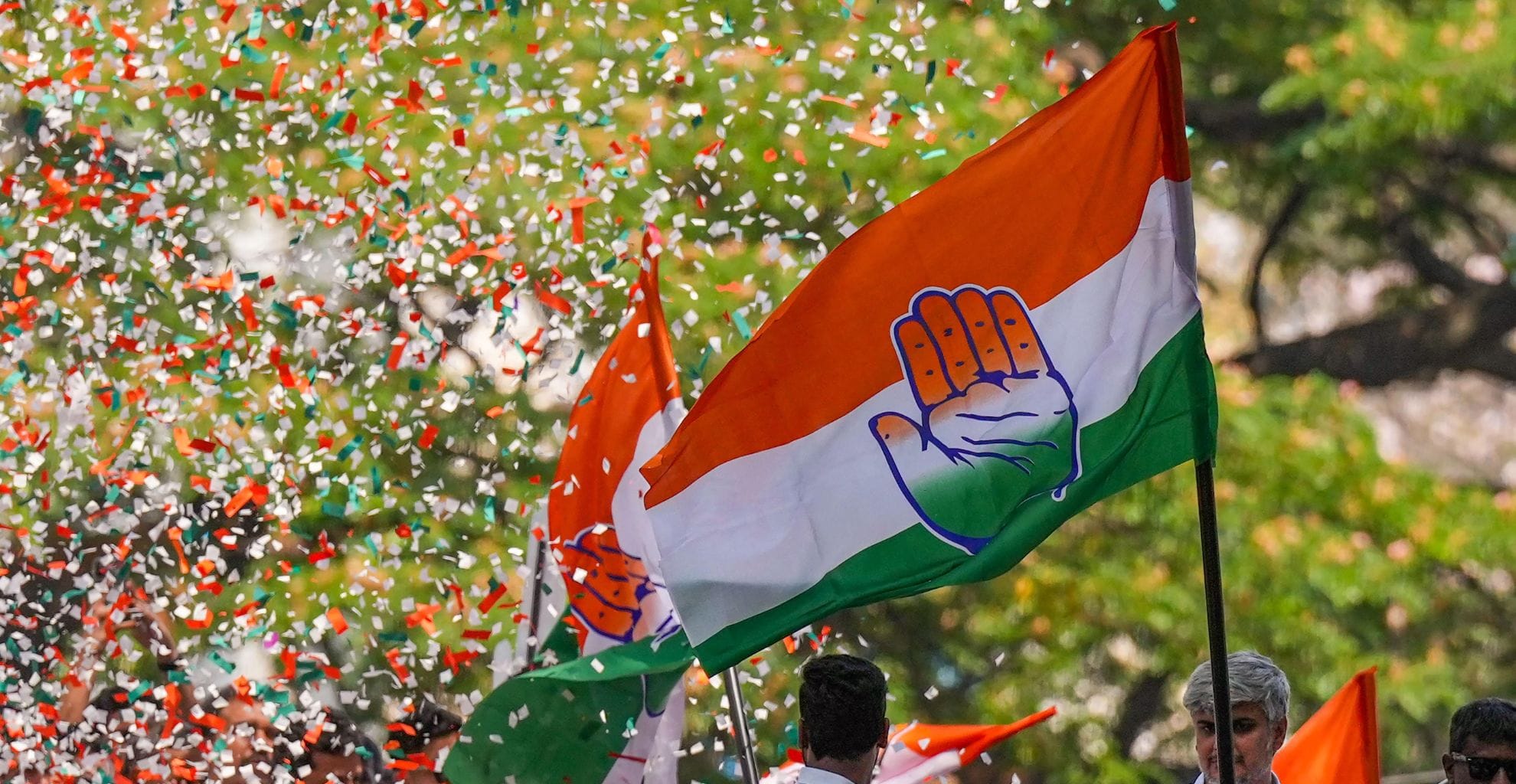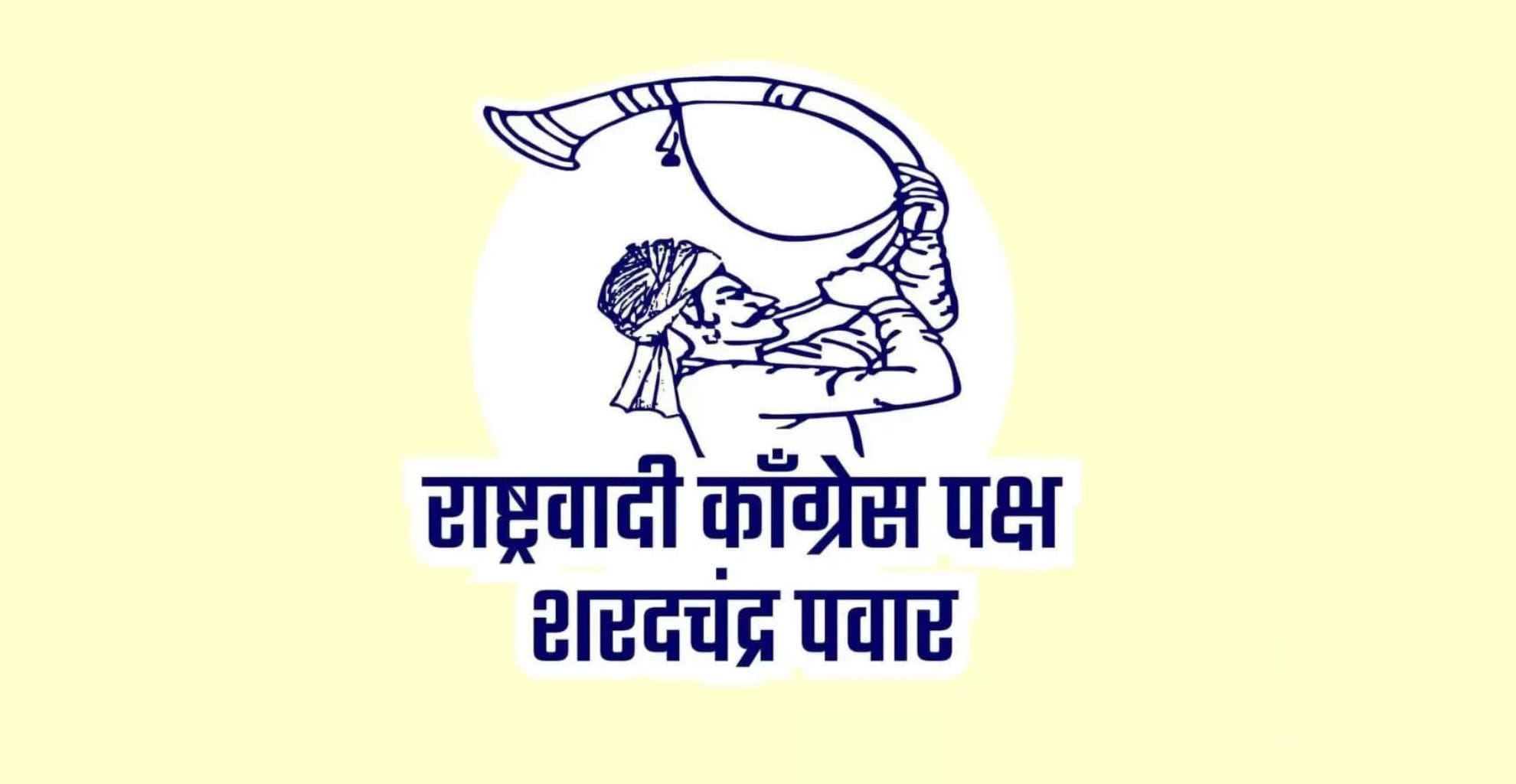DMK History – The Dravida Munnetra Kazhagam is one of the major political parties in Tamil Nadu, India. It has been one of the most influential parties in the state and has played a vital role in changing the course of its politics at both regional and national levels. The DMK was formed in the year 1949 by C.N. The DMK, started by Annadurai, has a checkered history of epochs, high points of success, controversies, and a dynamic leadership lineage. This paper gives an overview of the DMK—its history, the key achievements, controversies, and the present role in Tamil Nadu and Indian politics.
The Origins of DMK – DMK History
C.N. Annadurai founded the Dravida Munnetra Kazhagam in 1949, which was an outgrowth of the Dravidar Kazhagam, begun by Periyar E.V. Ramasamy in 1944. Basically, the DMK had the objective of making the Dravidian movement, which was oriented towards social justice, anti-casteism, and regional autonomy, into a political party.
Foundamental Principles: The ideology of the DMK was based on the principles of Dravidian nationalism, social reform, and secularism. It wanted to redress the imbalances in the caste system and further the socio-economic growth of Tamil Nadu.
Early Leadership: Charismatic leader and orator C.N. Annadurai played a seminal role in developing party ideology and propagating the party’s influence. He wanted to see a society in which rationalism, social justice, and economic equality were the reigning principles.
The DMK’s Rise to Power
1950s-60s: Early Successes
It was in the 1950s and 1960s that the DMK gained momentum in Tamil Nadu’s political scene. The party emphasized social justice and regional issues, which created a beeline towards it from the electorate, culminating in its first major electoral victory in 1967.
1967 Elections: The DMK won the 1967 Tamil Nadu Legislative Assembly elections, which was a very significant change in the state’s political scenario. C.N. Annadurai became the Chief Minister of Tamil Nadu, becoming the first non-Congress Chief Minister in the history of the state.
K. Karunanidhi’s Leadership: With Annadurai’s death in 1969, a tall leader and one of the oldest members of the DMK, M. Karunanidhi, took over. His chief-ministerial years have been shadowed by a bundle of different developmental programs bundled with political controversies.
Principal Achievements of DMK – DMK History
Social Reforms: DMK played a vital role in implementing several social reforms within Tamil Nadu. Some of these initiatives are the promotion of the Tamil language, educational reforms, and measures to uplift the backward castes.
Economic Development: Tamil Nadu has made considerable economic development under the DMK governance. Infrastructure works like the development of Chennai as an important port city, industrialization, and improvement in public services are some of the important large-scale accomplishments.
Educational Reforms: Improvement in educational standards in Tamil Nadu has been one of the prime agendas of the party. Opening new universities, colleges, and other educational institutions has been a part of this attempt to bring more and more opportunities to the youth of the state.
Major Controversies and Allegations on DMK
A plethora of controversies and allegations also characterize the history of the DMK. Such issues have serious implications for the party’s reputation and political standing. (DMK History)
1. 2G Spectrum Scam:
One of the most famous controversies that the DMK has been a part of would have to be the 2G spectrum scam, which broke out in 2010. It was one of the most massive corruption scandals related to the allocation of 2G telecom licenses and the spectrum below their actual prices, causing huge financial losses to the government.
The matter involved many DMK leaders in the cabinet of the then Congress-led United Progressive Alliance Government at the Centre, in which A. Raja was the Union Minister for Communications and Information Technology. Raja was accused of favoring certain companies in the allocation process, leading to rampant allegations of corruption.
- Halls of Judiciary: The 2G spectrum scam resulted in full-fledged investigations by the CBI and ED. There were charges of corruption, fraud, and misusing office against Raja and other officials. The case received wide media attention and had a significant bearing on the DMK’s political image.
2. Charges of Nepotism:
The DMK has been accused of nepotism and favoritism in terms of appointing family members to higher responsibilities in the party and government.
- Karunanidhi’s family: M. Karunanidhi was criticized for appointing members of his family, including his two sons, M.K. Stalin and M.K. Azhagiri, to powerful positions. Stalin rose to Working President of the party and Chief Minister while Azhagiri was an incumbent of different ministerial portfolios.
You may read another article here: The Rise, Evolution, and Impact of the All India Trinamool Congress : An In-Depth Analysis
3. Corruption Charges Against Party Members:
Several DMK leaders have been charged with corruption and misusing power on many occasions during different periods. The charges range from embezzlement of public money to irregularities in government contracts and abuse of office.
- DMK Ministers and Officials: Many ministers and officials of the DMK have been probed and charged on account of corruption-related offenses. This has from time to time damaged the reputation and electoral prospects of the party.
4. Political Violence: The DMK has been accused of having instigated and maintained links with criminal elements to foment political violence. Violent clashes between the supporters of the DMK and rival party members have been reported, in particular during the election period.
- Clashes and Violence: Records of political violence and intimidation go back against DMK workers in Tamil Nadu. The political party has gained a bad reputation, especially concerning a political culture of violence.
Recent DMK
1. M.K. Stalin’s Leadership:
M.K. Stalin, the son of M. Karunanidhi, took charge of the mantle of the DMK following his father’s demise in 2018. Stalin has focused on rejuvenating the party and relating it to contemporary issues in Tamil Nadu.
- Reforms and Governance: With an emphasis on governance reforms, economic development programs, and social welfare schemes, M.K. Stalin served as Chief Minister of Tamil Nadu. His government has been actively involved in infrastructure development, health, and education. (DMK History)
2. 2021 Tamil Nadu Assembly Elections:
The DMK won an absolute majority in the 2021 Tamil Nadu Assembly polls and formed the government. This victory marked a comeback of the party after its defeat in the 2016 election.
- Electoral Strategy: The DMK’s success in the 2021 elections was due to a well-planned electoral strategy coupled with effective campaign messaging and setting the tone for addressing public grievances. economic development, social justice, and governance reforms were at the heart of its manifesto.
3. Challenges and Future Prospects:
The DMK has taken up their challenges to rein in internal dissent, allegations of corruption, and maintenance of political influence in Tamil Nadu. In that view, the party’s ability to sustain these challenges, as much as attaining its objectives, would be a factor for its future successes.
DMK’s Effect on Politics in Tamil Nadu and India – DMK History
1. Regional Impact:
DMK has deepened the political and social scene of Tamil Nadu. Its policies and schemes have determined the state’s development trajectory and taken care of the issues of social justice, regional autonomy, and economic growth.
Cultural and Linguistic Identity: The DMK worked hard for the advancement of Tamil culture and language. Party initiatives on the question of safeguarding Tamil identity and heritage struck a chord in the hearts of Tamilians.
2. National Politics:
The DMK had been an influential player in national politics as well. Its alliances with different political parties at the state as well as the national level have changed Indian political dynamics.
- Coalition Politics: The DMK has been a part of coalition governments at the Center and also joined other political formations to serve its interest. The role of the party in shaping national policies and its contribution to central government formations have been quite remarkable.
Conclusion
The Dravida Munnetra Kazhagam has been one of the great forces in Tamil Nadu politics, with a history replete with numerous achievements, scandals, and dynamic leadership. Having been founded by C.N. Annadurai and led by figures like M. Karunanidhi and M.K. Stalin, the party played an important role in changing the state’s political scene and addressing core socio-economic issues.
Though the DMK has made exemplary contributions to the development and governance of Tamil Nadu, it has been scarred by numerous controversies and allegations, like the 2G spectrum scam, accusations of nepotism, and charges of corruption. These have been some of the major factors that have changed the political fortune and image of the party.
While the DMK indulged in all complexities of regional and national politics, its future depended on how it could meet challenges, fulfill promises, and retain its influence. The impact of the party on Tamil Nadu politics and Indian politics drives home the point that it is one of the important political parties in the country.



